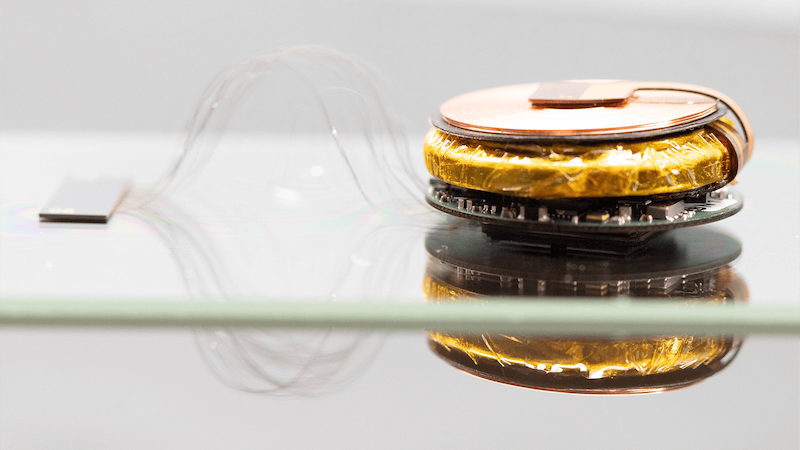New rules for smartphones and tablets: Buyers face high prices
Profound changes are imminent for producers and buyers of tablets and smartphones. The EU Commission is working on new rules and wants to impose strict regulations on manufacturers. Much is supposed to be in the interests of consumers, but this is likely to have a negative impact on prices.
Whether smartphone or tablet – top equipment is a must
The EU Commission’s plans can be summarized in one goal: Cell phones and tablets should have less impact on the environment in the future. Apparently they are planning for that far-reaching regulations for manufacturers to be issued, which include the duration of support and reparability. In many cases this is definitely in the interests of the customer:
- Manufacturers like Samsung, Apple, Xiaomi and Co. will have to do this in the future for at least five years Offer free security updates for smartphones and tablets; the limit for function updates is three years. For many Android devices this would mean a significant leap, and in some cases even double the support duration.
- Batteries must have a 80 percent capacity after 500 charges reach when they are interchangeable. Permanently installed batteries have to last twice as long, i.e. 1,000 charging cycles.
- Spare parts for repairs of smartphones must be kept available by the manufacturers for at least five years after the market launch. In addition, one wants to oblige the producers to supply “professional repair shops” with the necessary equipment. This applies to batteries and camera modules, for example. Display replacement must also be offered to end customers. In the future, tablet components will even apply for six years.
- Manufacturers must Make prices for spare parts public. They may not be changed afterwards. Repair instructions must be offered, not free of charge, but at a reasonable price.
- All smartphones for the European market have to pass a standard test: 100 falls from a height of 1 meter without defects. Splash protection is also becoming mandatory.
The changes have not yet been decided, but should be based on the current status apply from 2023. This emerges from the draft ordinances that are available to the magazine c’t (source: hot). Changes are still possible until then, as the approval of the member states is required.
in the Video you can find current smartphone bargains:
EU wants energy labels for smartphones too
In addition, it is known from other electrical appliances Environmental label also mandatory for smartphones and tablets. The requirements mentioned are therefore an absolute minimum in the future. Manufacturers who want to score with sustainability have to go well beyond that. Such devices, which are particularly recommended in terms of longevity, will then be recognizable on the label. Manufacturers must make information about the battery, test results and the raw materials used publicly available.
All of this sounds like a land of milk and honey to customers, but there could be a catch: What happens to the prices if the tough regulations of the EU Commission are waved through is unclear. A change in favor of the consumer should not be countered by exploding costs. It is possible, however, that the manufacturers themselves technical adjustments and cost something for additional services.


